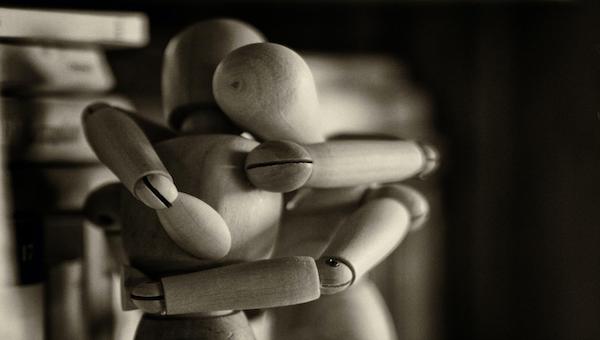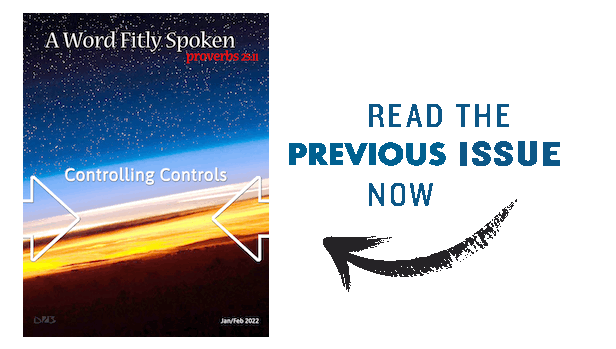 (Credit: Unsplash)
(Credit: Unsplash)
PEOPLE FEELING MORE UNSAFE THAN EVER DESPITE DEVELOPMENT GROWTH
BY: IRENE VELICERSITE: GENEVA SOLUTIONS
TRENDING
Activism
Belief
Big Pharma
Conspiracy
Cult
Culture
Economy
Education
Entertainment
Environment
Global
Government
Health
Hi Tech
Politics
Prophecy
Science
Social Climate
Universe
War
Well-lit streets, decent work, rule of law, access to healthcare, heating and cooling in the home: these are a few things that help people feel more secure. But how well does a country’s Human Development Index – a measure of longevity, health, education, and standard of living – indicate its peoples’ sense of security? Not as well as once thought, according to the latest report on human security released by the UN Development Programme (UNDP).
Perceived insecurity is at its highest in nearly all countries since the study began in 2010, with 6 out of 7 people not feeling safe, the organisation said on Tuesday.
Perceived insecurity is greatest in countries with low development but its growth in the past decade has been most in developed countries, even as global wealth has reached record highs.
In addition, vulnerability to conflict is rising in countries that were once considered stable. Those living in conflict-affected areas have grown to 1.2 billion, nearly half of whom live in countries with a history of stability.
“The situation of insecurity and perceived insecurity is much bigger than we thought,” Josefin Pasanen, an author of the report, told Geneva Solutions. “Something is clearly happening, pointing towards a disconnect, to a certain extent, between development progress and security or perceived feelings of security.”
What is insecurity?
When UNDP first defined human security in its 1994 Human Development Report, it challenged a prevailing focus on territorial and physical security.
It reframed human security as freedom from fear, anxiety, want, and indignity. “It is more than physical integrity. It is also an issue of socio-economic security, job security, but also integrity and feeling that you can live the type of life that you have reason to value,” Pasanen said.
To measure these freedoms, the researchers look at variables, including fear of war, civil war, and terrorist attacks. They also measure fear of neighborhood incidents, such as abuse from law enforcement, discrimination, alcohol on the streets and drug sale. Also measured are crime and overall neighborhood insecurity and everyday precautions, like carrying money and worrying about being out at night.
Covid-19 has sharpened many concerns, like losing one’s job, not being able to afford food and medical care or having to interrupt education. The gap between healthcare systems in countries with low and high development was already widening when the pandemic hit, according to the report’s new Healthcare Universalism Index and data from 1995 to 2017.
The relationship between levels of perceived insecurity and the likelihood of a traumatic event happening still needs more research. But what is clear is that perceptions matter, noted Pasanen: “They influence our realities; they influence how we behave in society. If people perceive insecurity, it influences their generalised trust.” People with a lower sense of security are 3 times less likely to trust others outside their close circle, according to the report.
Rethinking development
UNDP defines human development as efforts to give each person “freedom to live lives they value”. Growing feelings of insecurity in more developed countries signal the need for a better development approach. The past century’s pursuit of economic development without enough attention to equity and sustainability has caused human-induced climate change that is destabilising security everywhere. Technological development offers solutions for sustainability and security-needs but is introducing new types of inequalities and insecurities.
A revamp of security thinking to one rooted in solidarity and common cause is the only way forward when insecurity drivers have no regard for borders, the report’s authors argue. “Common security recognises that a community can only be secure if adjacent communities are too. This is something we see all too clearly with the current pandemic: nations are largely powerless to prevent new mutations of this coronavirus from crossing borders,” said Asako Okai, UN assistant secretary-general and director of the UNDP Crisis Bureau, at the report’s launch.
Better understanding the causes of perceived insecurities – from climate change to digital technologies to violent conflict – is necessary for achieving that solidarity, said Pasanen: “Another area that we need to continue working on is how these perceptions of insecurity affect people, affect their human development gains, but also how they reflect the problems of the institutions that should protect us from insecurity.”
“It is time to recognise the signs of societies that are under immense stress and redefine what progress actually means,” said Achim Steiner, UNDP’s administrator in a press release.
“We need a fit-for-purpose development model that is built around the protection and restoration of our planet with new sustainable opportunities for all.”
Click 3 Dots Below to View Complete Sidebar


